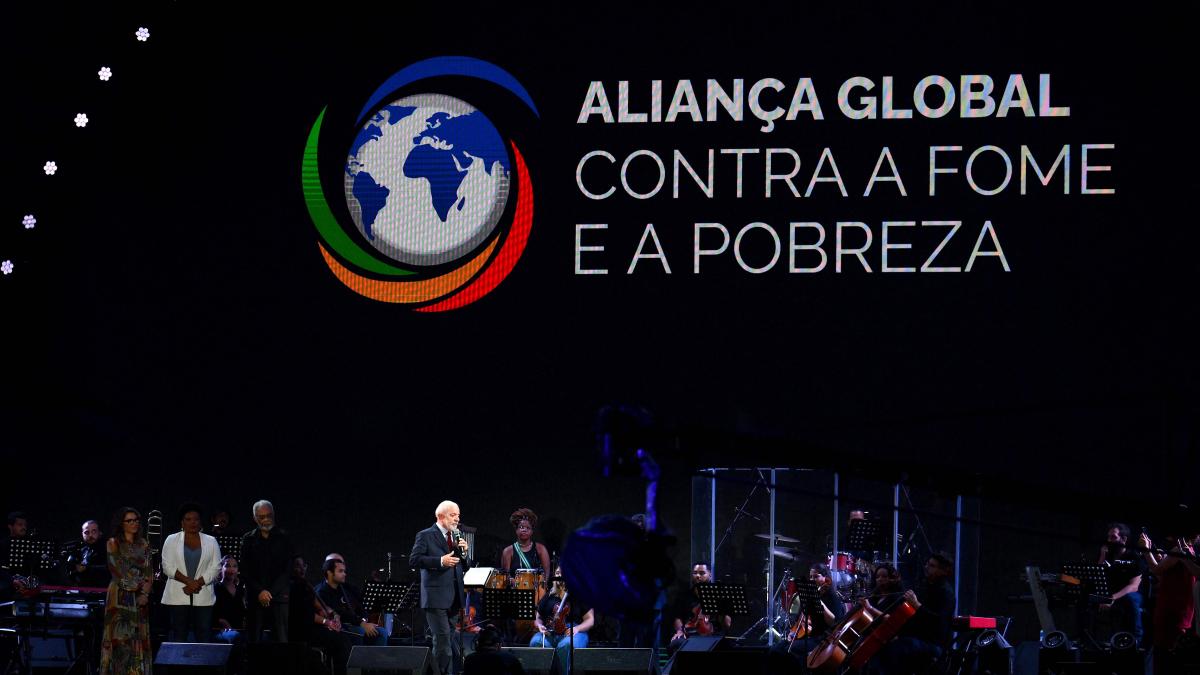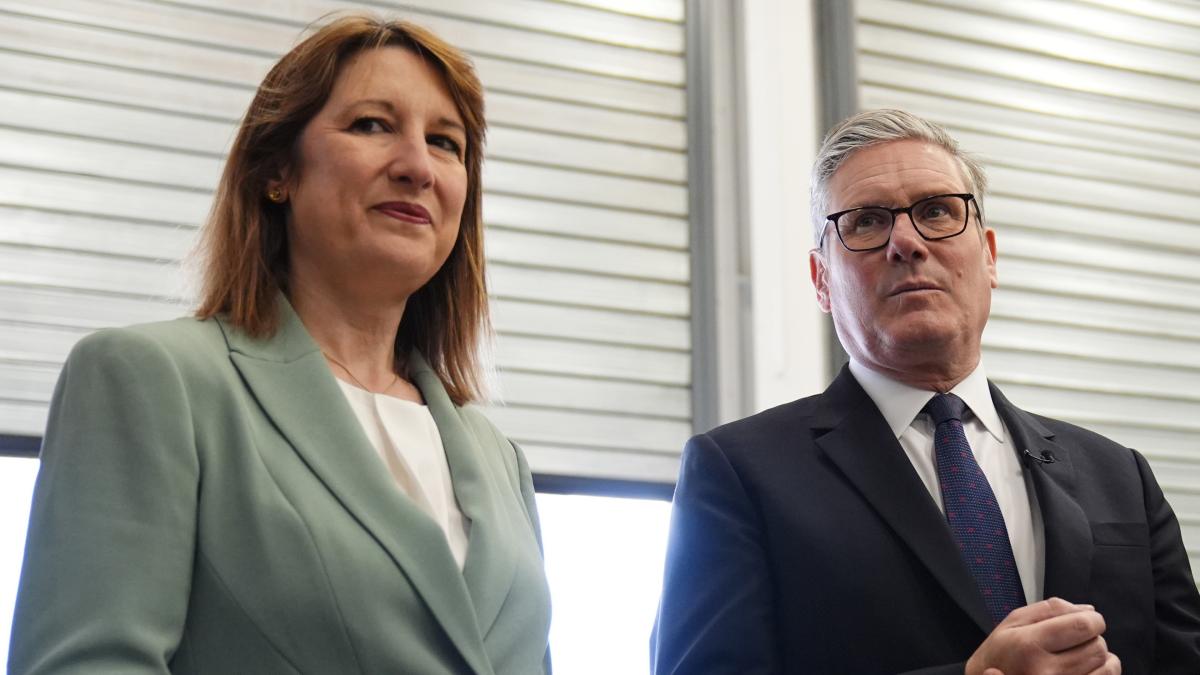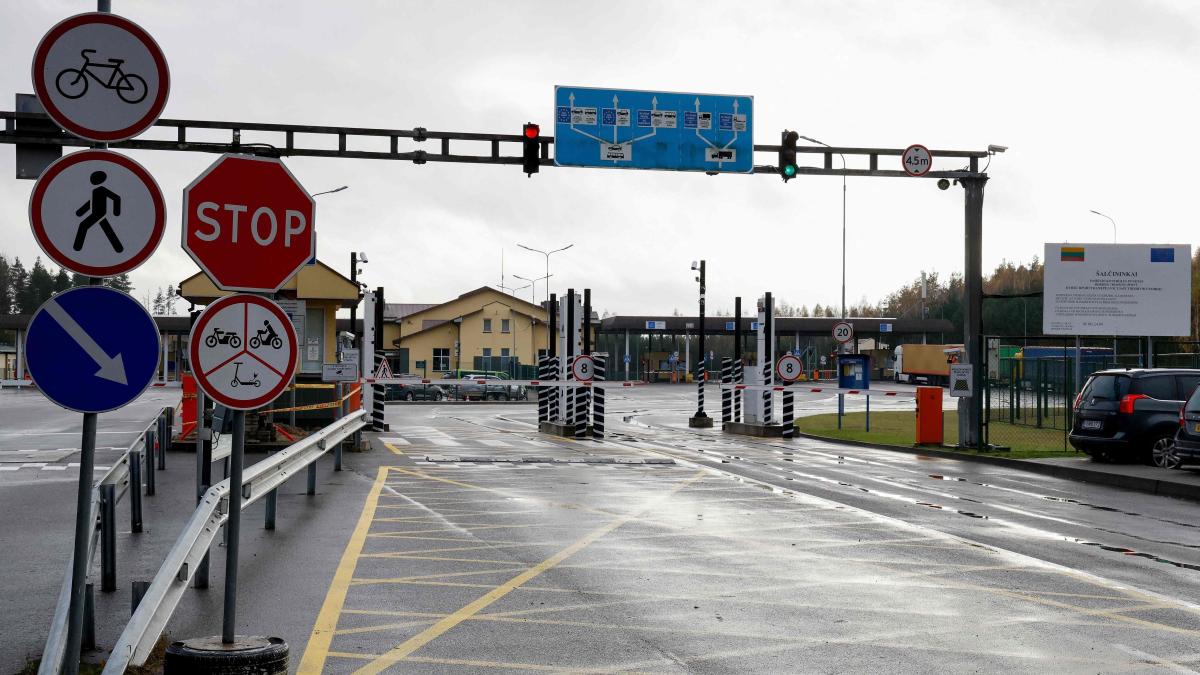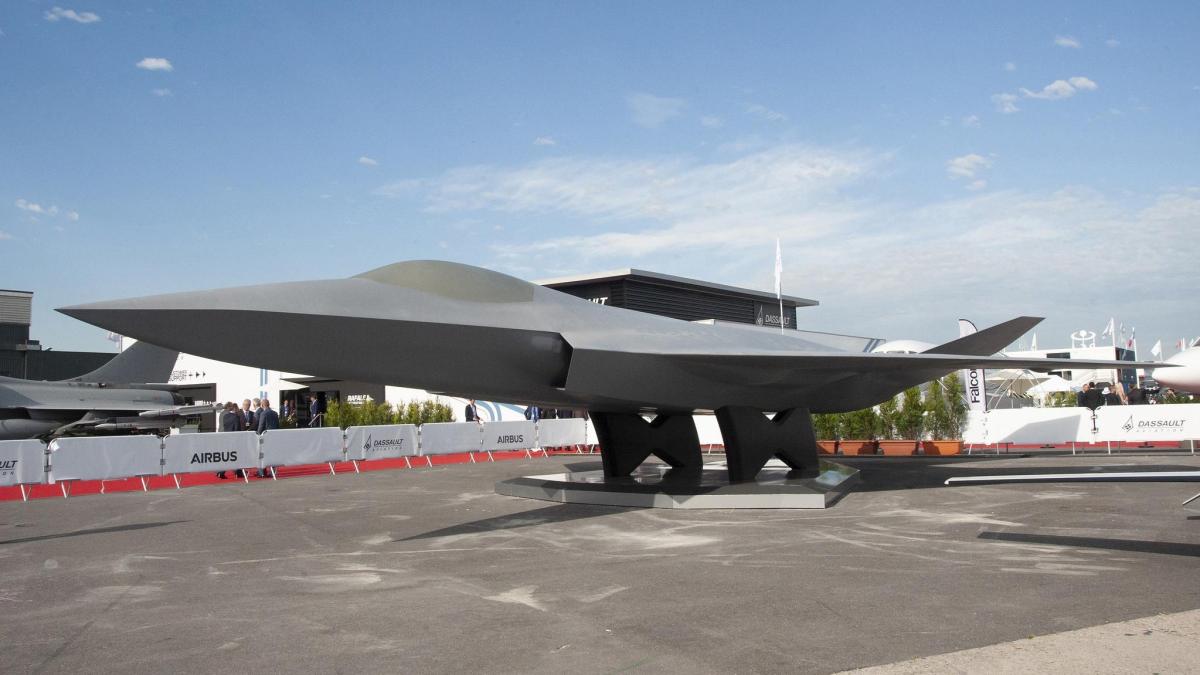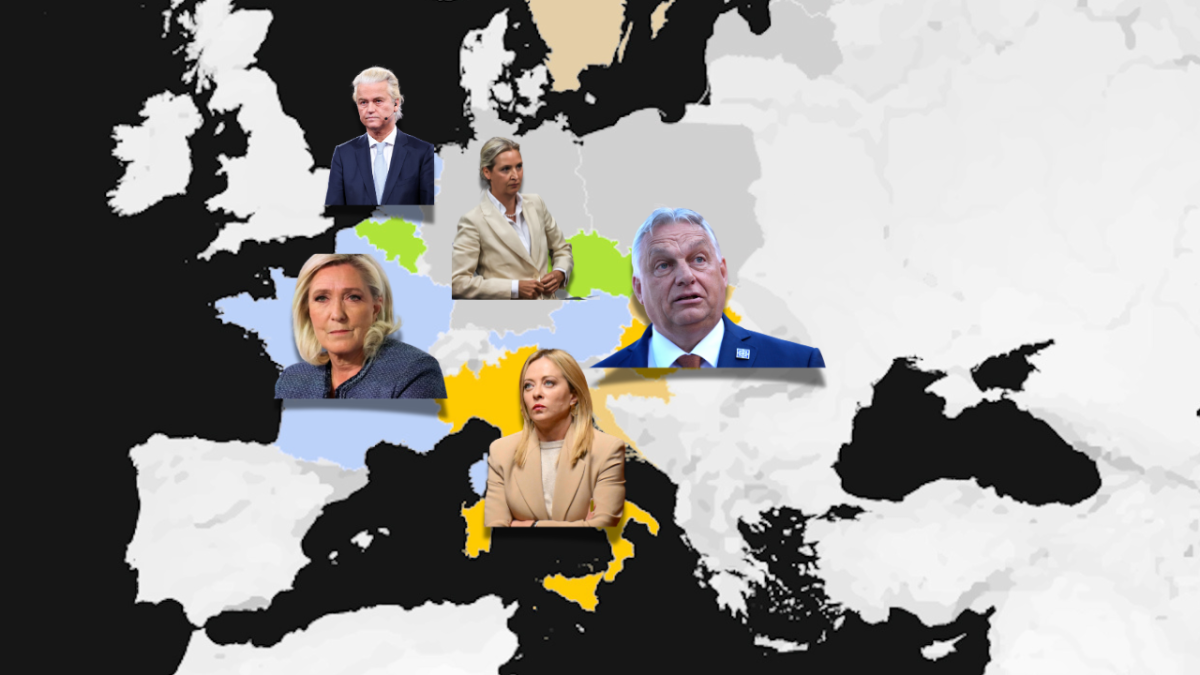The Clash of Diplomatic Titans
As tensions reach a boiling point, Brazil has boldly refused to buckle under the intense pressure exerted by European and American leaders to condemn Russia during the G20 summit. This decision follows a shocking escalation of the conflict in Ukraine, igniting fierce debate among global powers.
The Context of Reluctance
The G20 summit in Rio de Janeiro has become a focal point for geopolitical discord as President Luiz Inácio Lula da Silva maintains Brazil’s position of neutrality. Despite pressure from G7 nations, Lula’s administration stood firm on a non-confrontational stance, signifying a calculated diplomatic strategy to balance relations with both Western powers and global adversaries.
The Underlying Strategy: Tropical Diplomacy
Thiago Rodrigues, an expert in Brazilian foreign policy, elucidates the rationale behind Lula’s diplomatic approach—active non-alignment and equidistance from major world powers. Brazil seeks to preserve channels for negotiation, aiming for a solution to the Ukrainian conflict through a consensus-driven approach.
Geopolitical Divergences
Lula’s determination to uphold a neutral statement highlights a crucial geopolitical divergence between the Global South, which encompasses Brazil and several other emerging economies, and the advanced economies of the West. In this new world order, nations like Brazil assert their significance beyond mere pawns in the geopolitical chess game.
The BRICS Connection
As a founding member of the BRICS coalition (Brazil, Russia, India, China, and South Africa), Brazil’s stance reflects a broader counter-narrative to the perceived dominance of Western powers. The refusal to condemn Russia positions Brazil firmly within the ranks of countries advocating for multilateral negotiation over unilateral condemnation.
A Broader Humanitarian Perspective
This G20 summit is also witnessing emerging voices from the Global South advocating for a more prominent reference to humanitarian crises globally, particularly the catastrophic conditions in Gaza. Such references underscore the disparity between rich nations’ policies and the realities experienced by the majority of the world’s population.
The Balancing Act: Lula’s Daring Diplomacy
Lula’s interaction with other state leaders—especially Xi Jinping—illustrates Brazil’s strategic positioning as a middle-ground mediator. The upcoming bilateral discussions signal Brazil’s ambitions to not only bolster its own economic interests but to extend cooperative relationships crucial for global stability.
Implications of Non-Condemnation
The refusal to engage in anti-Russian rhetoric is significant. Lula’s support within the BRICS and among Global South nations demonstrates a departure from traditional diplomatic norms, leading to emerging alliances that challenge the status quo of international relations.
The Subtle Power Shifts
As geopolitical landscapes shift, Lula’s leadership portrays a nuanced understanding of contemporary diplomacy—where soft power and consistent diplomacy create lasting impact. The burgeoning relationship between Brazil and China, coupled with a moderate engagement with the West, presents a unique diplomatic narrative that merits global attention.
Final Thoughts: A New Order?
Brazil’s refusal to condemn Russia at the G20 signals a pivotal moment as emerging economies carve out their own pathways in a world increasingly polarized by conflict. With Lula at the helm, the narrative of Brazilian diplomacy is one of negotiation, mediation, and a profound challenge to hegemonic narratives held by the Western world.

